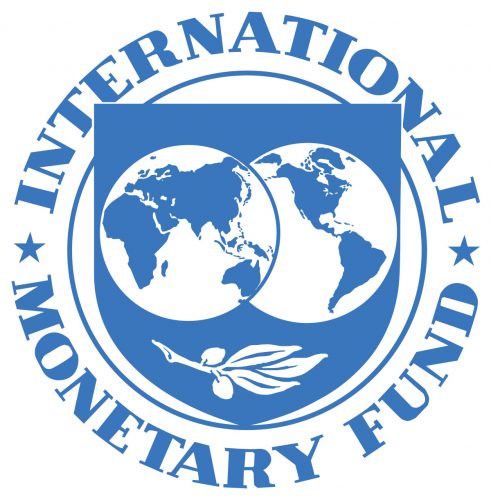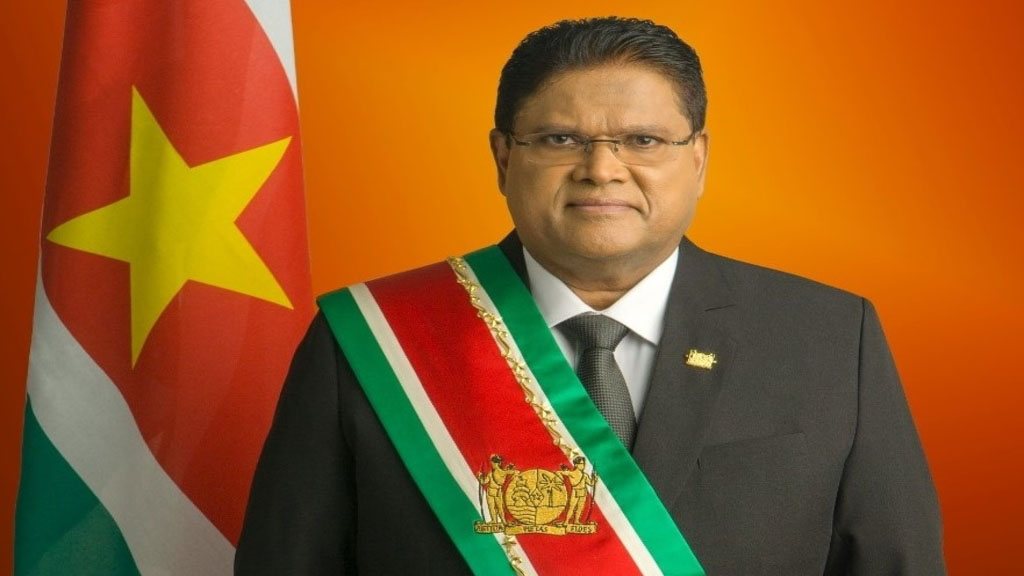
The IMF, in a statement, said that the Agreement, which is subject to the approval of its Executive Board, was arrived at after a series of virtual meetings between teams from the authorities in the country’s capital, Paramaribo, and the Fund. The discourse, the IMF statement said, revolved around how the Fund can support the ongoing economic reform programme currently underway in the South American republic.
Quoting from the statement issued by the Fund following the exchanges with the Surinamese authorities, a Caribbean Business Report on Tuesday said that agreement had been reached “on a new medium-term program that could be supported by IMF resources of SRD 472.8 million (about US$ 690 million) under the Extended Fund Facility (EFF) with the duration of 36 months, over 2021-2024.”
Approval of the agreement by the IMF Board will trigger the immediate-term disbursement of around US$75.5 million, representing the first tranche of the overall amount which Suriname will receive.
According to the IMF, “The programme aims to lay the foundation for a strong, resilient, and inclusive economic recovery through protecting the poor, lowering inflation, restoring debt sustainability, and investing in the future.”
The agreement with the IMF comes as the authorities in Paramaribo await the anticipated transformation in the country’s economic fortunes which it expects to emerge from its huge 2020 offshore oil discovery in the Guyana/Suriname basin by the Apache and Total oil companies, holding out the prospect of an economic shift from dependence on an underperforming bauxite industry.
What has been described by the Caribbean Business Report as an “unexpected bonus’ for Suriname came five years after the US oil giant ExxonMobil broke the news of what has turned out to be, up until now, a succession of nineteen significant oil finds in this country’s waters.
Bauxite accounts for more than 15% of Suriname’s GDP and around 70% the country’s export earnings.
Continually falling commodity prices and attendant reduced income from bauxite, four years ago, triggered a downgrading of Suriname’s credit rating by the international rating agency Fitch Ratings Inc, from B + to B.
The statement issued by the IMF at the conclusion of the negotiations said that Suriname’s economic reform programme which is linked to the agreement “contains important steps to improve the country’s institutional capacity for policymaking, including modernizing both the monetary and fiscal policy frameworks.” The statement adds that “a significant effort will be made to improve governance, strengthen the framework to counter money laundering, and tackle corruption. The government’s plan also prioritizes garnering a clearer picture of the financial situation of the banking system and returning it to robust capitalization, liquidity, and profitability,” the statement added.





